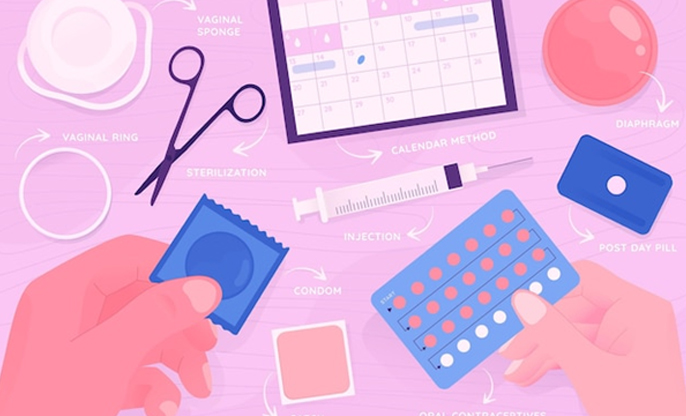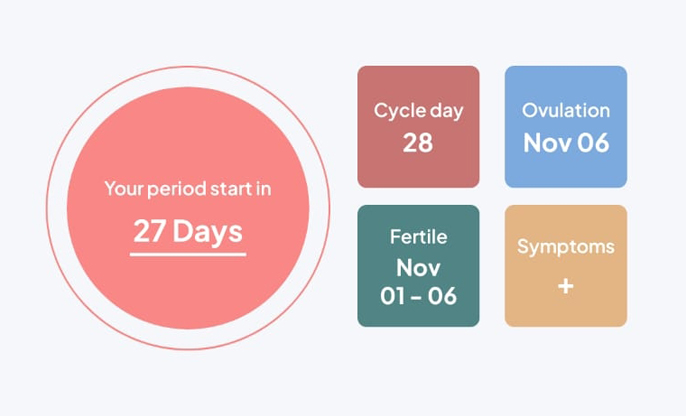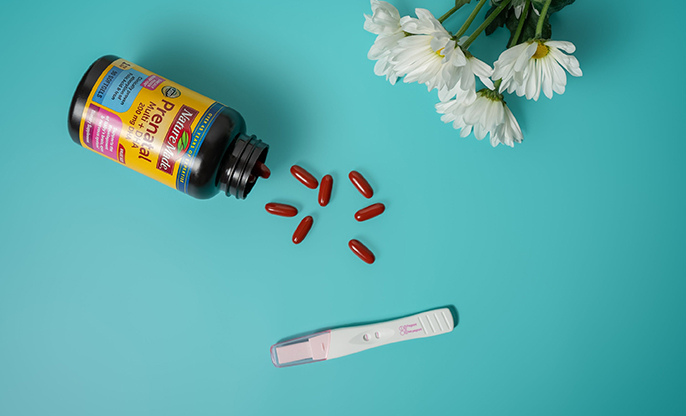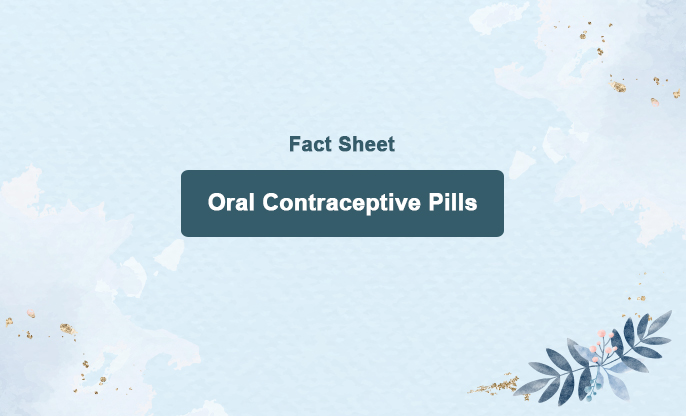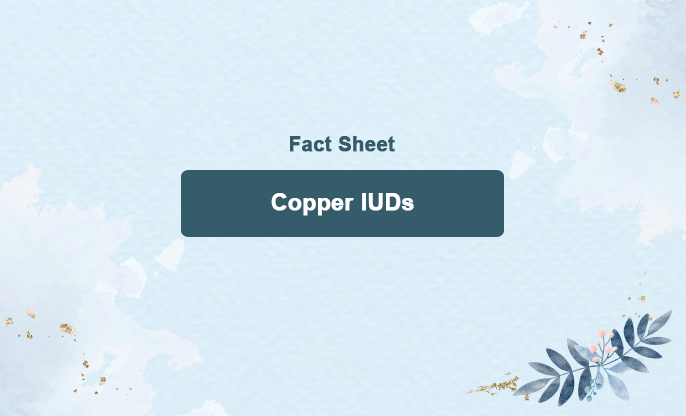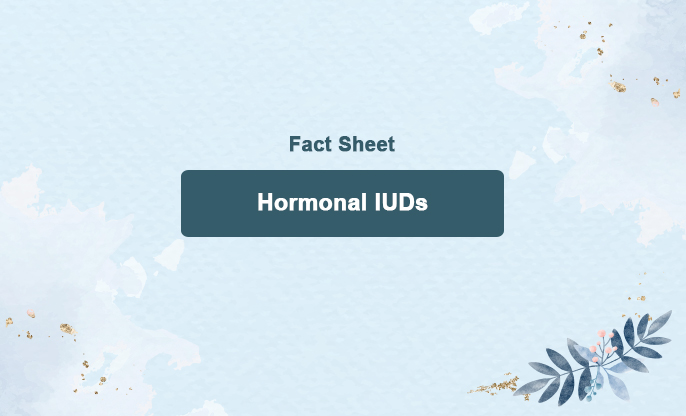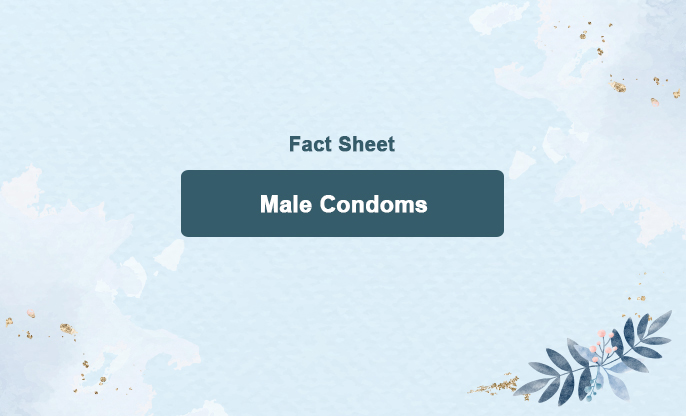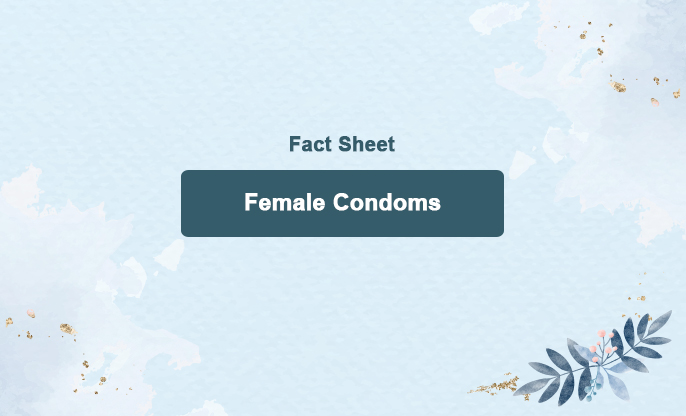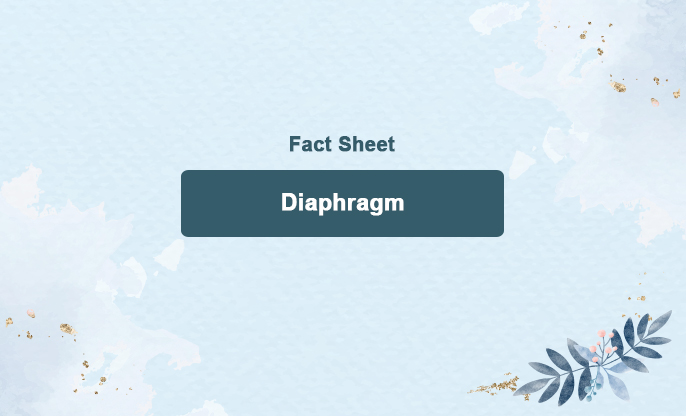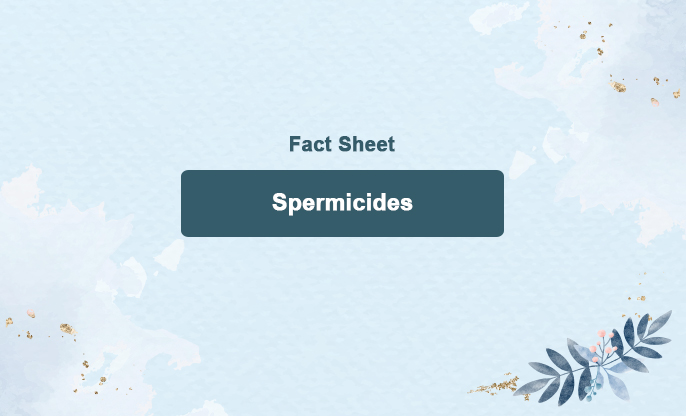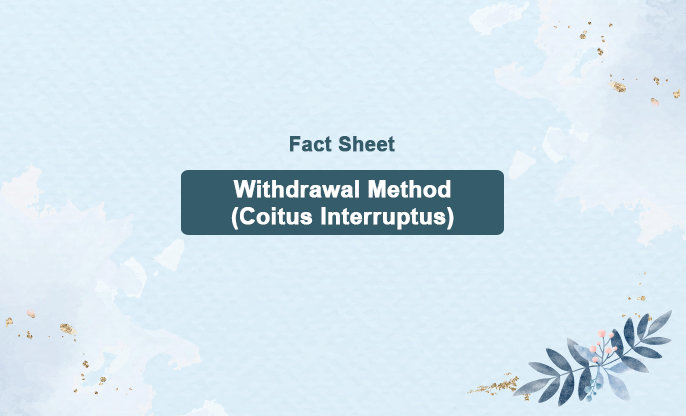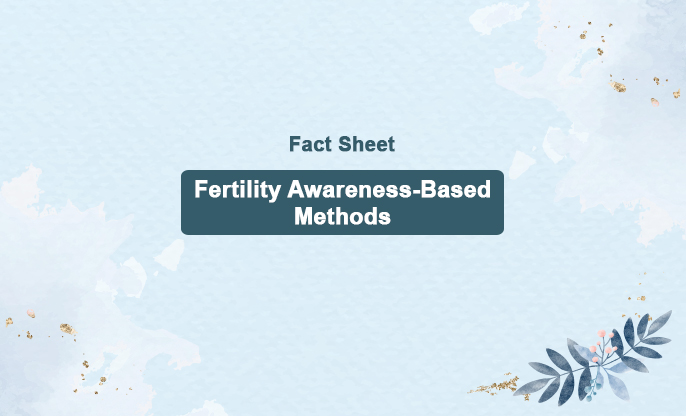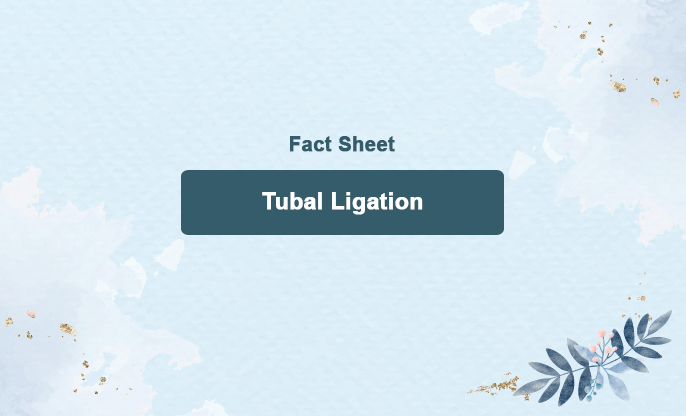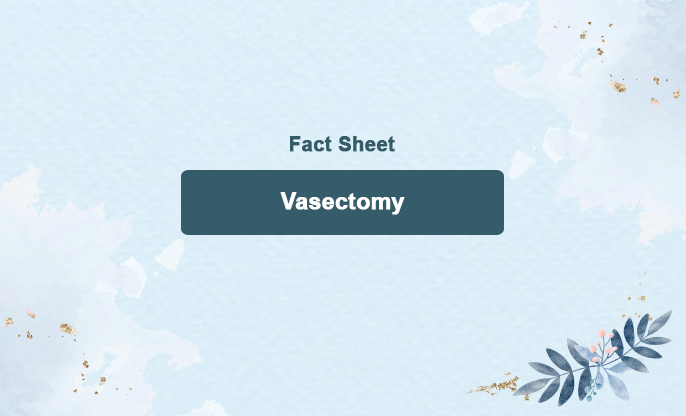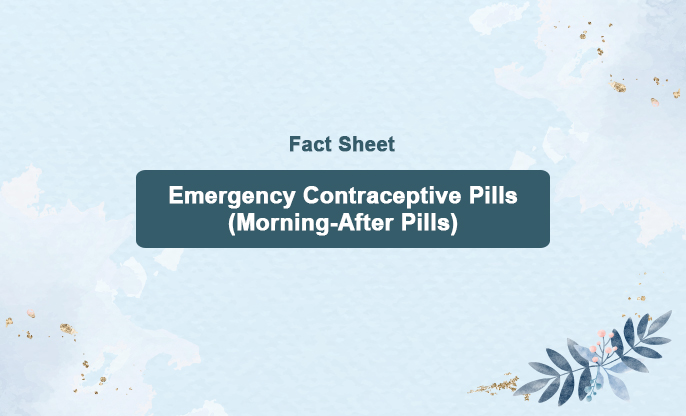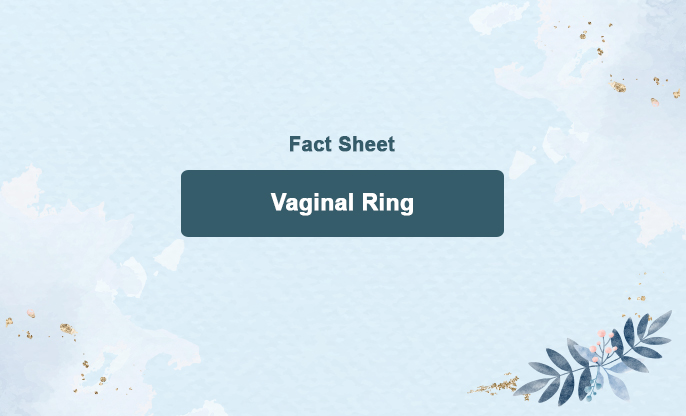
What is this?
The vaginal ring is a contraceptive device that you insert into your vagina. Made of soft plastic and about 5cm in diameter, it prevents pregnancy by releasing the hormones estrogen and progestogen into the bloodstream, which stops the ovaries from releasing an egg each month.
Not suitable for everyone, the ring needs to be placed inside the vagina and left there for 3 weeks. When used correctly, the vaginal ring is 99% effective. Incorrect use reduces its effectiveness.
Fertility usually returns to previous levels within 1 to 3 months after stopping the use of the ring.
*The vaginal ring does not protect against sexually transmitted infections (STIs). Use a condom every time you have sex to protect yourself and your partner against STIs, including HIV.
How does this work?
Insert the vaginal ring into your vagina on the first day of your period. The ring is soft, flexible, and similar to inserting a tampon. Once in place, you shouldn't be able to feel the ring, even during sex.
Leave the ring in for 21 days, then remove it using your finger.
After removal, wait 7 days before inserting a new ring. During this break, you might experience period-like bleeding, which is normal. When you remove the vaginal ring, place it in the provided pouch and dispose of it in the bin. Do not flush it down the toilet.
The packaging includes a leaflet with pictures showing how to insert and remove the ring. Follow these instructions carefully to ensure the ring is correctly positioned.
The vaginal ring is not suitable for everyone.
It may not be appropriate for you if you are living with obesity or are aged 35 or over and smoke.
Additionally, the ring may not be suitable if you have a history of:
Blood clots or have a family member who had blood clots before age 45
Narrowed or blocked arteries, or if you have had a stroke
Heart problems, heart disease, or high blood pressure
Migraines with aura
Breast cancer
Gallbladder or bile duct issues
Liver cancer or severe cirrhosis
Diabetes
If you have any of these health conditions, consult with a doctor, nurse, or pharmacist to determine if the vaginal ring is safe for you to use.
Efficacy?
When used correctly at all times, the vaginal ring is more than 99% effective.
If not used correctly, its effectiveness drops to 91%, meaning that about 9 in 100 women could become pregnant within a year. This reduction in effectiveness can occur due to factors such as forgetting to replace the ring on time.
Usage duration recommended:
The vaginal ring should be used as follows:
Insert the Ring: Place the vaginal ring inside your vagina on the first day of your period.
Wear for 21 Days: Leave the ring in place for 21 consecutive days. You should not feel the ring, even during sex.
Remove for 7 Days: After 21 days, remove the ring using your finger and dispose of it in the provided pouch. Do not flush it down the toilet. Wait 7 days before inserting a new ring. You may experience period-like bleeding during this ring-free week, which is normal.
Repeat Cycle: After the 7-day break, insert a new ring to start the cycle again, even if you are still bleeding.
By following this schedule, the vaginal ring will be used effectively and safely.

